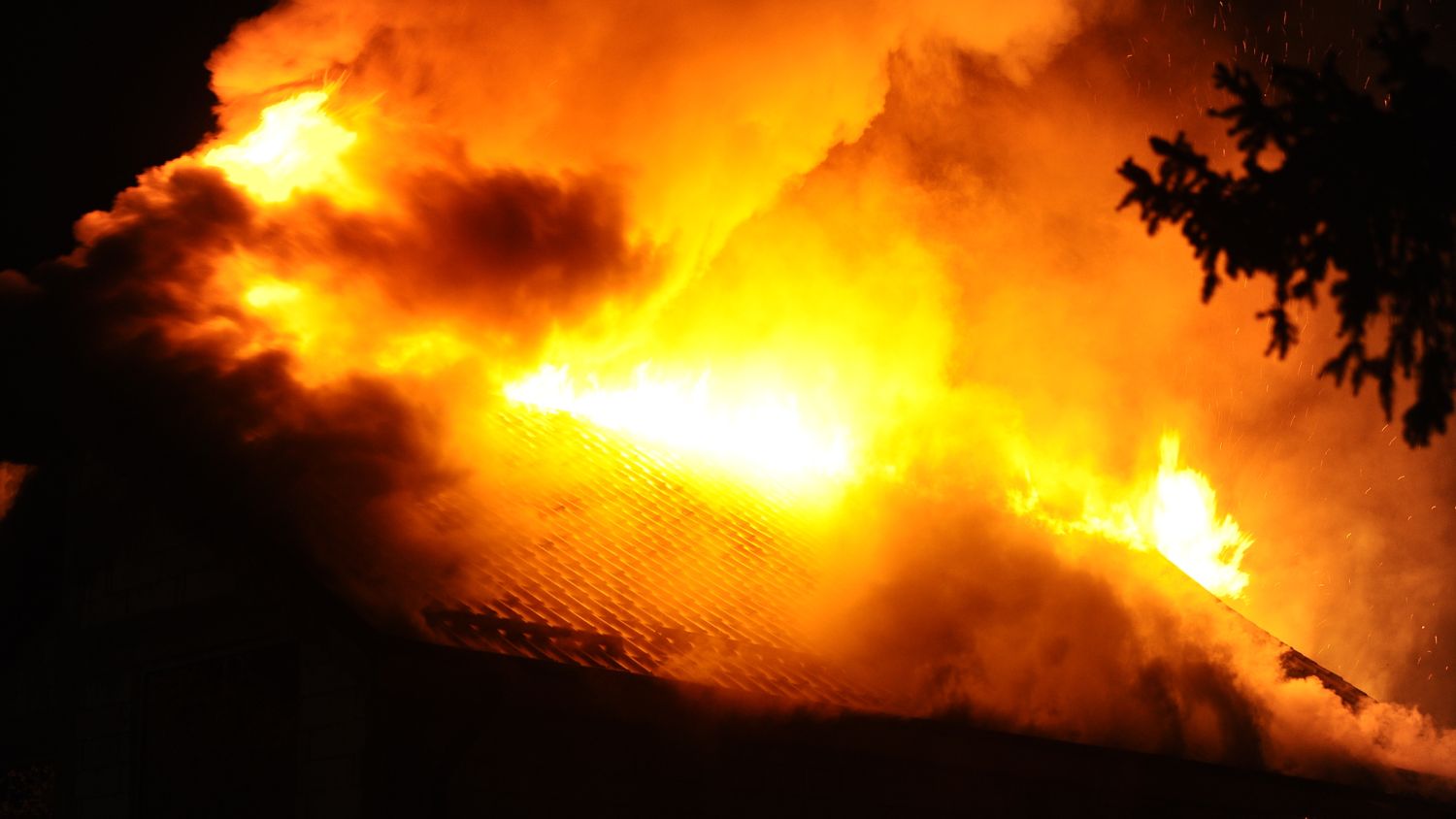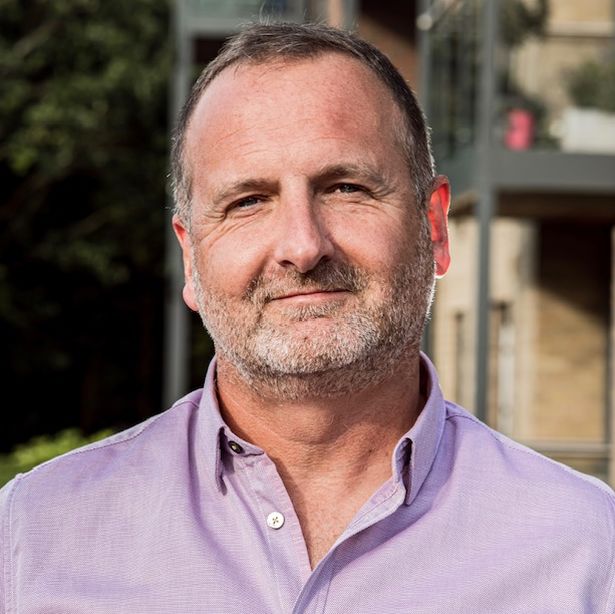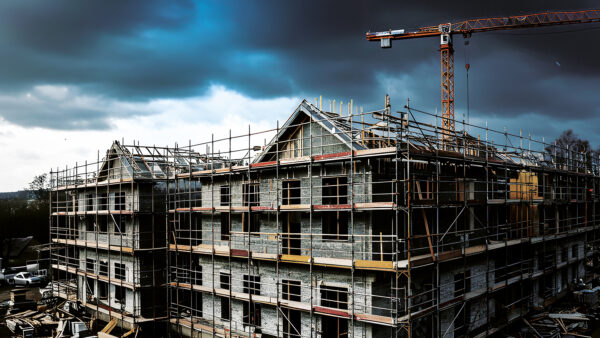
Construction businesses will only embrace culture change when they see tangible reasons to adopt it, argues Gavin Skelly.
The evidence presented during the Grenfell Tower Inquiry can only be described as harrowing.
The many events that conspired to create the disaster in the early hours of 14 June 2017 all have regrettable similarities: A lack of moral integrity; the simple ignorance of what could actually happen; the race to the bottom.
The problem we are facing in the post-Grenfell era is that as terrible as that tower fire was, the approach to responsible procurement still seems to be the same.
Erosion of public trust
Public trust has been eroded through further tower fires, EWS1 and the cladding crisis. The government seems to be in turmoil about how to deal with it. The image of the construction industry is once again a victim of its own circumstances, with many voices proclaiming it will never change.
Procurement of fire safety is seen as an opportunity to make money: a chance to procure minimum standards at a preferable cost. Construction businesses fear that taking responsibility could damage deals or lose tenders. We need to change that narrative.
Responsible procurement
Post-Grenfell, responsible procurement is a huge USP. The public are looking for safety as a standard, as they are now fully aware of what unsafe looks like. But how? How do you create that USP and make it a market driver? How do you make your responsible approach valuable?
Start by giving it a recognisable identity, one that can transcend the boundaries of the many sectors that have an obligation to keep people safe. It’s not just about construction, it’s about every single business or organisation that creates, owns or operates a building that people reside, work or socialise in. All standing under one simple banner. There is strength in unity, and the stronger that identity is, the easier it is to identify those who would seek to coerce its principles.
Construction’s Hippocratic Oath
The principle of a moral code is not new. The medical profession has used one for 2,500 years, where fully qualified doctors and surgeons still to this day sign the Hippocratic Oath to say they will do no harm. What’s the difference between the harm a doctor can do to a patient and the harm a developer or contractor or landlord can do to a resident by immoral choices or actions? There is none.
Regulations and accreditations are fine and most definitely required. But until we can influence the moral choice to put people’s lives before financial gain, those that say things will never change are probably right.
Making this moral USP a market force brings in a level of self-policing. If this USP becomes something the public demand, something they can recognise, then suddenly the moral choice matters more than it ever did. You need this to trade, so you need to stay in the game. Losing this USP can put you in a perilous position in the marketplace. Losing it due to immoral behaviour would identify the business as a risky actor.
A signal of moral intent
The public need a cross sector, easily understandable, easily translatable sign of good moral intent. This sign needs to provide peace of mind in whatever context it appears. It needs to say we are aware of our obligations and we have been tested on these obligations. It needs to convey the responsibility that many across the sectors who are responsible for end user safety will already profess to have.
Culture change will only happen if it can be identified and considered to bring tangible benefits for those who adopt it.
Gavin Skelly is founder of Fire Aware.











